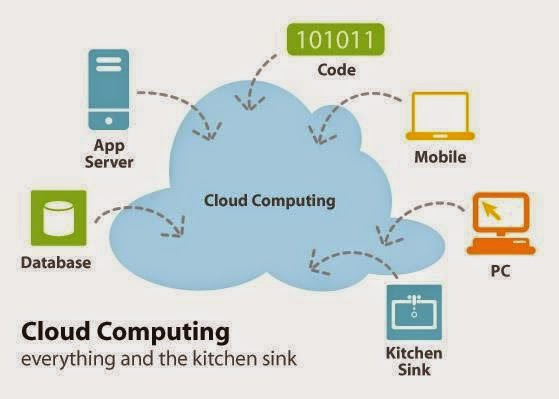
05 Oct You’re a CIO because your Career Is Over
Know more of our RISK & CYBERSECURITY capabilities.
It seems that many companies would be well advised to install revolving doors on the offices of Chief Information Officers (CIO’s). The March 2009 survey by CIO Magazine found that 24% of the 265 companies surveyed asked their previous CIO to leave due to ‘poor performance’.
This means that CIO’s shared ‘top spot’ with Chief Financial Officers for being most likely to be dismissed on performance related grounds.
The way in which the survey results were framed is obviously open to interpretation and debate since ‘poor performance’ can mean radically different things in different contexts. It can even mean ‘Did not agree with the new CEO’s strategic direction’ in some cases. This does not, however, take away from the fact that there is a widely shared perception that becoming a CIO is somewhat of a mixed blessing as you might soon be heading for the exit.
There are obviously many complex reasons behind this game of ‘corporate musical chairs’, but I believe that the (relatively) old maxim that ‘Business does not understand IT and IT does not understand business’ is perhaps worth quoting here. It is unfortunately often the case that CIO’s are fired on the basis of ‘unrealised miracles’ that were eagerly expected by a management team that did not understand what IT can and cannot do. IT departments can, on the other hand, also often be ‘blamed’ for not clearly making the business case for certain innovations.
This is obviously not the place to try and plot a ‘CIO Survival Strategy’ but I do think that there are a few basic things that CIO’s should keep in mind as they navigate the treacherous seas of corporate politics. These include the following:
- Constantly Market IT’s role (and other’s roles)
- Make the business case (not the technical case)
- Maintain Balance (beware the golden bullet and the next best thing)
We can explore these in some detail at another time. Suffice to say, the IT department remains one of the most changing and at times most vexed portfolio of all, still waiting to be understood by the vast majority of business executives.
_____________________________________
A more detailed discussion of the research on CIO turnover by CIO Magazine can be found here
Some suggestions for increasing ‘CIO Longevity’ can be found here
And for one of the better new texts, see Peter Weill’s IT Savvy: What Top Executives Must Know to Go from Pain to Gain












